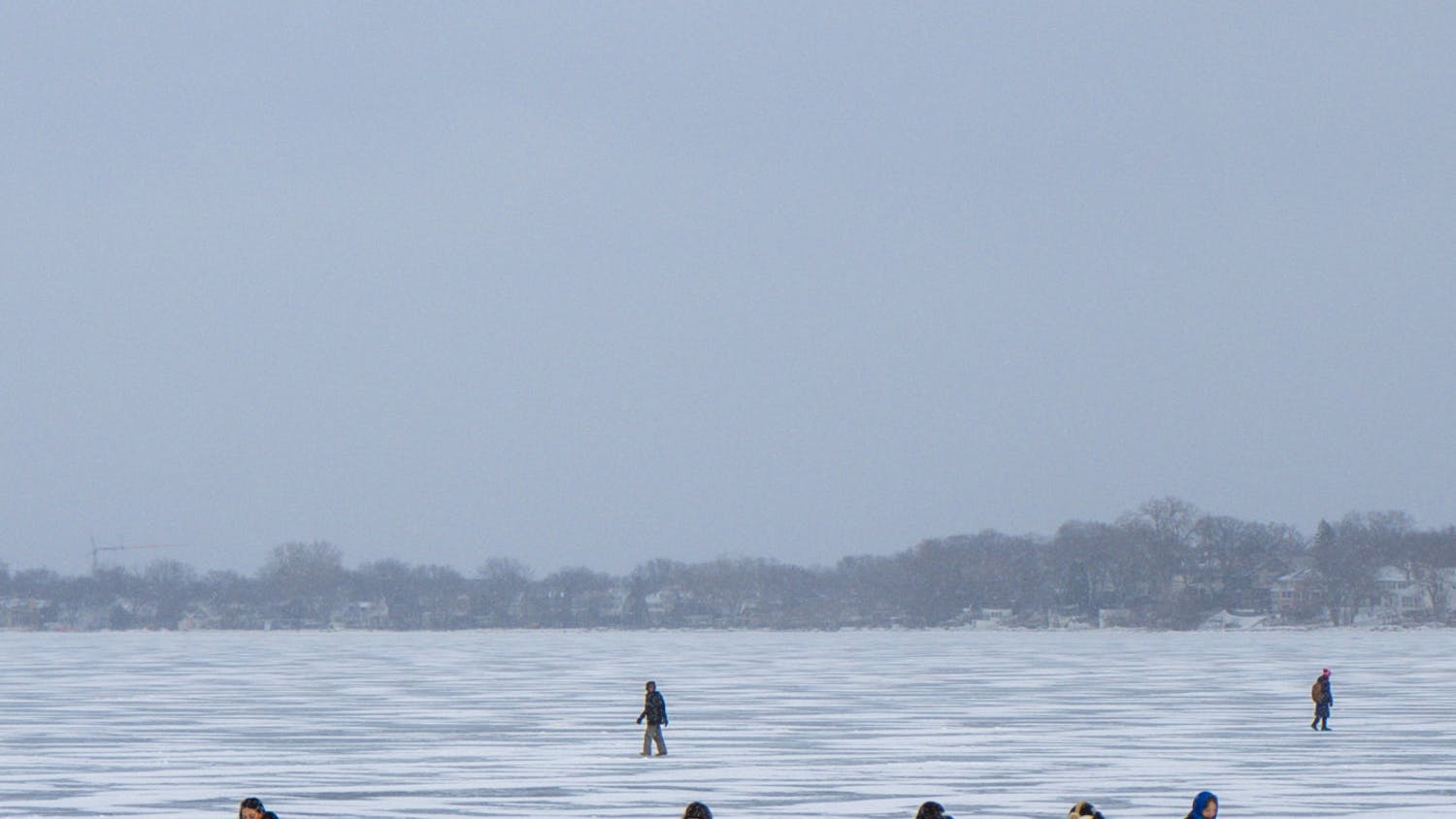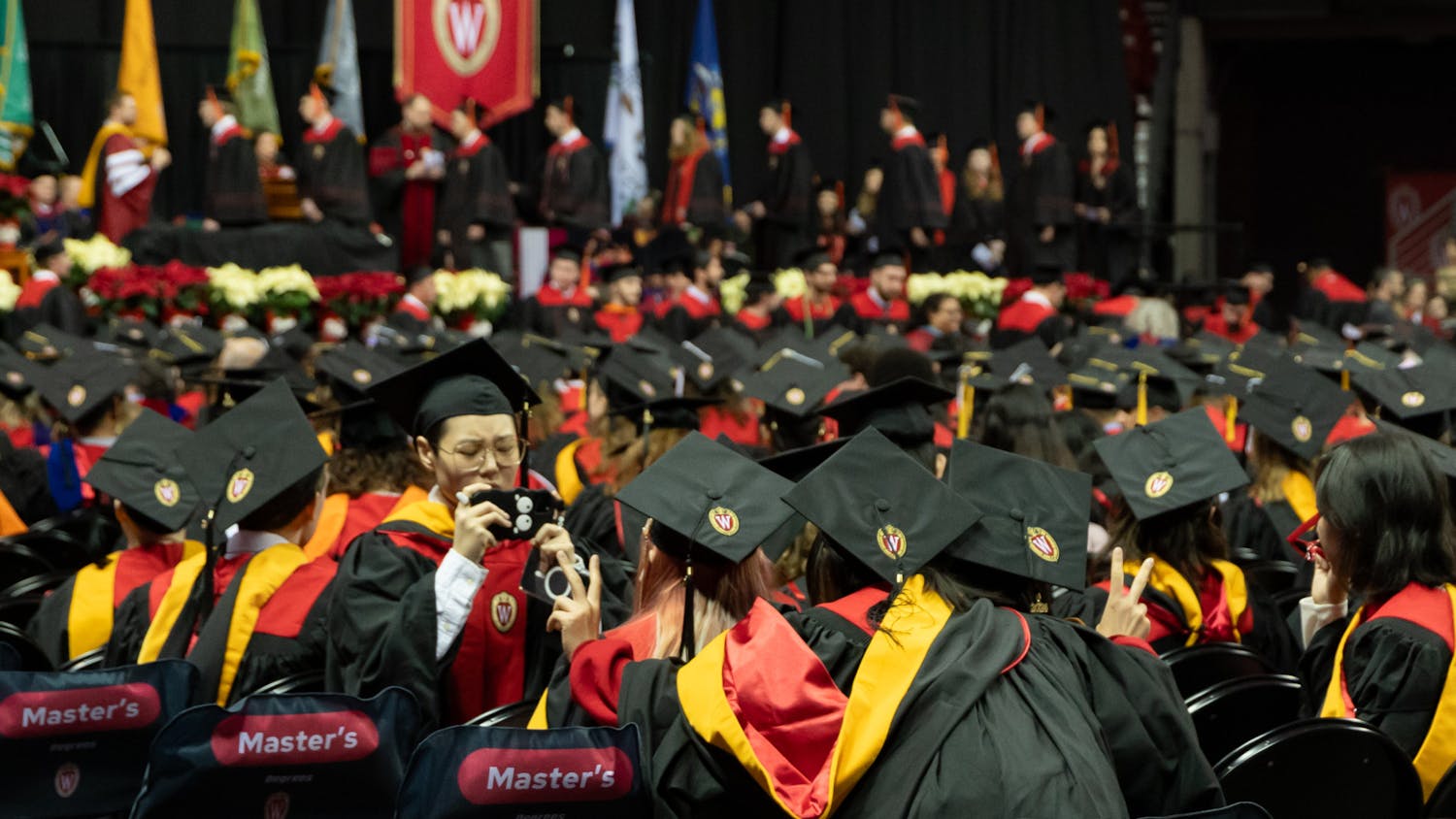The deadline for fall tuition has passed for many universities in the UW System, but with the state budget in deadlock, as many as 5,000 students are still unsure if they will be able to completely finance their first semester.
These students are waiting on the Wisconsin Higher Education Grant, which is a need-based grant that ranges from $674 to $2,730 per year. The students eligible for this grant are students who come from families whose annual income is $27,000 or less.
Luckily for UW-Madison students who qualify for this grant, the university picked up the slack for lawmakers and awarded those students who had filed their FAFSA before Sept. 1.
Although whether or not Wisconsin can afford to invest more money in these grants is a partisan issue, students should not have to worry about whether they will get the money or not. Because the grants are need-based, the student with the lowest family income most likely will not have the resources to cover this amount if the grant does not come through. Right now, it is possible that may happen.
The allotted money for these loans has already been spent. Universities like Madison are doling out grants, hoping the Senate's version of the budget, which gives an additional $14 million for WHEGs, passes. If not, the universities will take the hit for giving out these loans.
Classes have started, and these students have probably already invested in housing and books. If forced to come up with an alternative method of funding, they may have to take out a high interest loan or even drop out of school.
As soon as the July 1 deadline for the budget was not met, eligible WHEG students on the waiting list should have been told to look at the alternatives. These could include deferring acceptance to their intended universities or applying to a more affordable two-year college.
Qualified students interested in attending college would not be denied because of funding issues. Lawmakers should have let these students know funding may not be available sooner and given them time to come up with an alternative plan for education.





